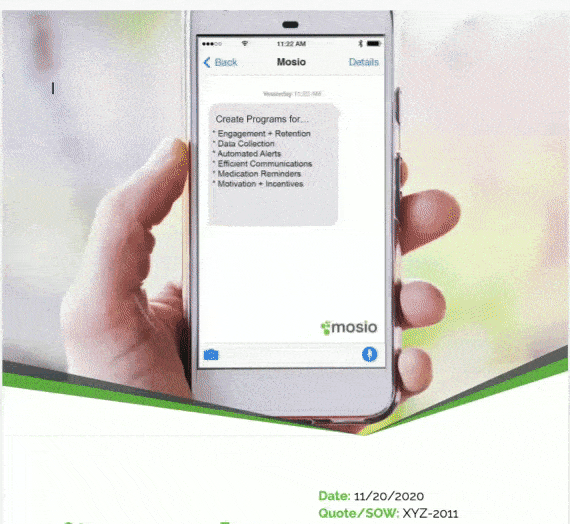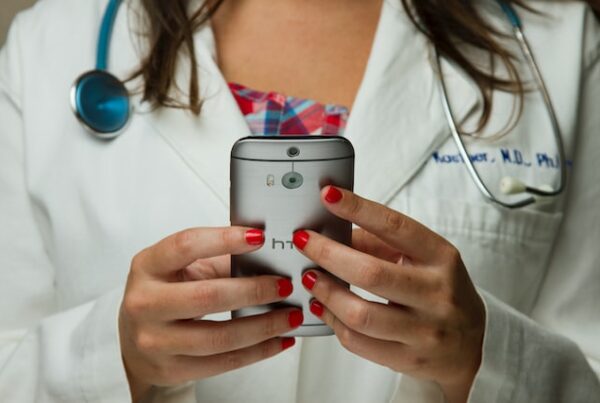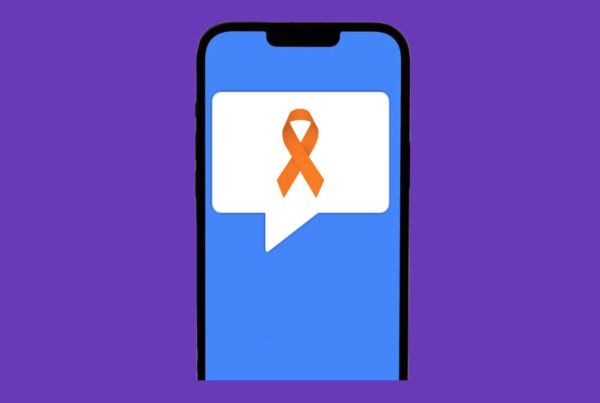
Photo by Sam Mgrdichian on Unsplash
6 Must Have Text Messaging Features When Choosing the Best Reminder App for Appointments
Did you know that text messaging is the most utilized app on mobile phones? The good news is that you don’t even need to download anything to begin using it. Due to the convenience of text messaging, text messages reminders are far more effective in clinical trials than a reminder email, even when used with the older demographics.
In fact, the best way to communicate with clinical research participants is via mobile messaging. With the right software, you’ll be able to reach study participants anytime, anywhere. Along with having easy access to study participants, mobile messaging software also allows you to gather ready-to-analyze data, enhance study compliance, and view/export responses in real time. The software also enables you to automate routine messages, customize message flows, pre-schedule automated follow-ups, and much more!
When selecting the best mobile messaging software for clinical research and clinical trials, especially regarding appointment reminders, there are certain features that you should consider. In order to ensure that you select the best reminder app, we have compiled that six most important features to consider before making your purchase.
1. Two-Way TextChat
Some companies are still using one way messaging for appointment reminders, but it’s not any better than sending a postcard in the mail or leaving a voicemail since you’ll have no idea if the recipient has received the message. Because of the limitation of using one-way messaging, a two-way messaging service is a far better option. The primary benefit of using this type of service is that you can receive and respond to the messages from the study participants. In addition, participants will be able to reply to alerts in real time and receive the support from the coordinators throughout the entire study.
With this feature, you can expect the following useful options to be included:
– Answer templates
– Auto-responses
– Notifications
Two-way chat will pave the way for the successful ongoing communication between researchers and study participants, which is extremely important during a clinical trial.
2. Ask For A Confirmation
This feature in a best reminder app is important in a clinical trial because you’ll know whether the study participants plan to show up for the study dosages well before the appointment begins.
3. Follow Up Nudges
4. Conditional Automated Responses
5. Ability to Personalize Messages
The best mobile messaging software allow you personalize the messages so that you can easily insert the study coordinator’s name and/or participant’s name into the messages.
6. Notification to Study Staff of Cancellations
Whenever a study participant cancels his/her appointment, this amazing feature will generate an email to the research staff so that the appointment can be rescheduled. Most importantly, this feature eliminates last minutes surprises and allows study staff to plan accordingly.
Choosing a mobile messaging software with all of these useful features is vital to the success of your clinical trial.
Are you looking to improve participant engagement, increase retention, integrate text-based interventions, or collect data in your research? If so, contact us for a free consultation, or you can get quick access to our pricing guide here.








